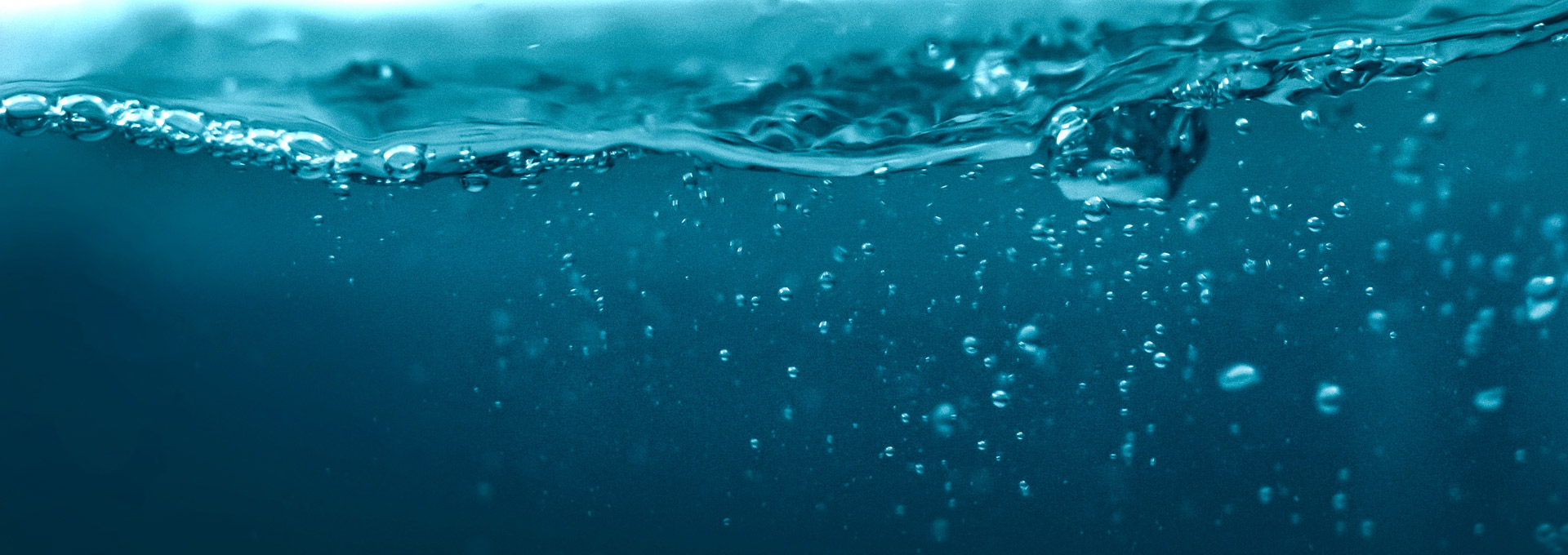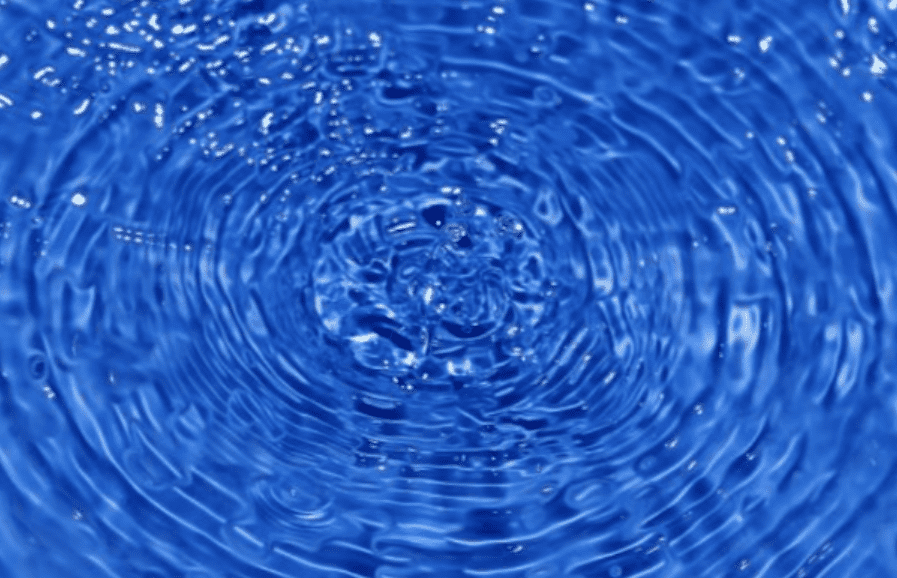Professional
Leading


The difference between water-based cleaning agents and hydrocarbon cleaning agents
We will analyze from the following aspects:
1. Ingredients:
Hydrocarbon cleaning agent: Broadly speaking, hydrocarbon cleaning agent refers to the residual solvents obtained by distilling crude oil, including petroleum series, petroleum hydrocarbons, hydrocarbon series, hydrocarbons, and industrial gasoline.
Most of the hydrocarbon cleaning agents currently used or sold on the market are not refined products of simple distillation of crude oil, but rather normal and isomeric alkanes with a distillation range of around 140-190 ℃. Generally, petroleum is produced by crude distillation, hydrogenation, distillation, and isomerization.
Water based cleaning agents: Water based cleaning agents use the wetting, emulsifying, penetrating, dispersing, and solubilizing effects of surfactants, emulsifiers, and penetrating agents to achieve cleaning of oil and grease; The meaning of water-based cleaning agent can also be simply described as a cleaning agent that is soluble in water and can be diluted with water. For example, household dishwashing detergent can also be called a water-based cleaning agent. But the water-based cleaning agents mentioned here are mainly used for industrial cleaning purposes.

2. Features:
Carbon and hydrogen cleaning agents:
① It is liquid at room temperature and pressure, with good fluidity, low viscosity, and high volatility. After cleaning, there is less residue on the surface of the substance. During the dissolution process, the properties of the solute and solvent remain unchanged.
② Carbon and hydrogen cleaning agents have advantages such as good cleaning performance, low evaporation loss, non-toxicity, good compatibility with materials, and complete volatilization at an affordable price.
③ In addition, hydrocarbon cleaning agents can be naturally degraded, and the cleaning waste can be distilled, recycled, or incinerated in coal-fired or oil-fired boilers. The main products of incineration are CO2 and water, which do not pollute the air. The hydrocarbon cleaning agent does not contain chlorine and has a zero coefficient of ozone destruction.
Water based cleaning agent:
① Due to its single component, strong alkalinity, simple cleaning process, and significant limitations, its application is currently limited.
② In addition, in terms of waste liquid treatment, water-based cleaning agent waste liquid needs to undergo some special treatment to meet national standards.
The above is the content we have introduced to you about the differences between water-based cleaning agents and hydrocarbon cleaning agents. If you have any further questions, please feel free to consult us, and we will have professionals to explain to you.
![[x]](/en/template/default/picture/closeimgfz1.svg)